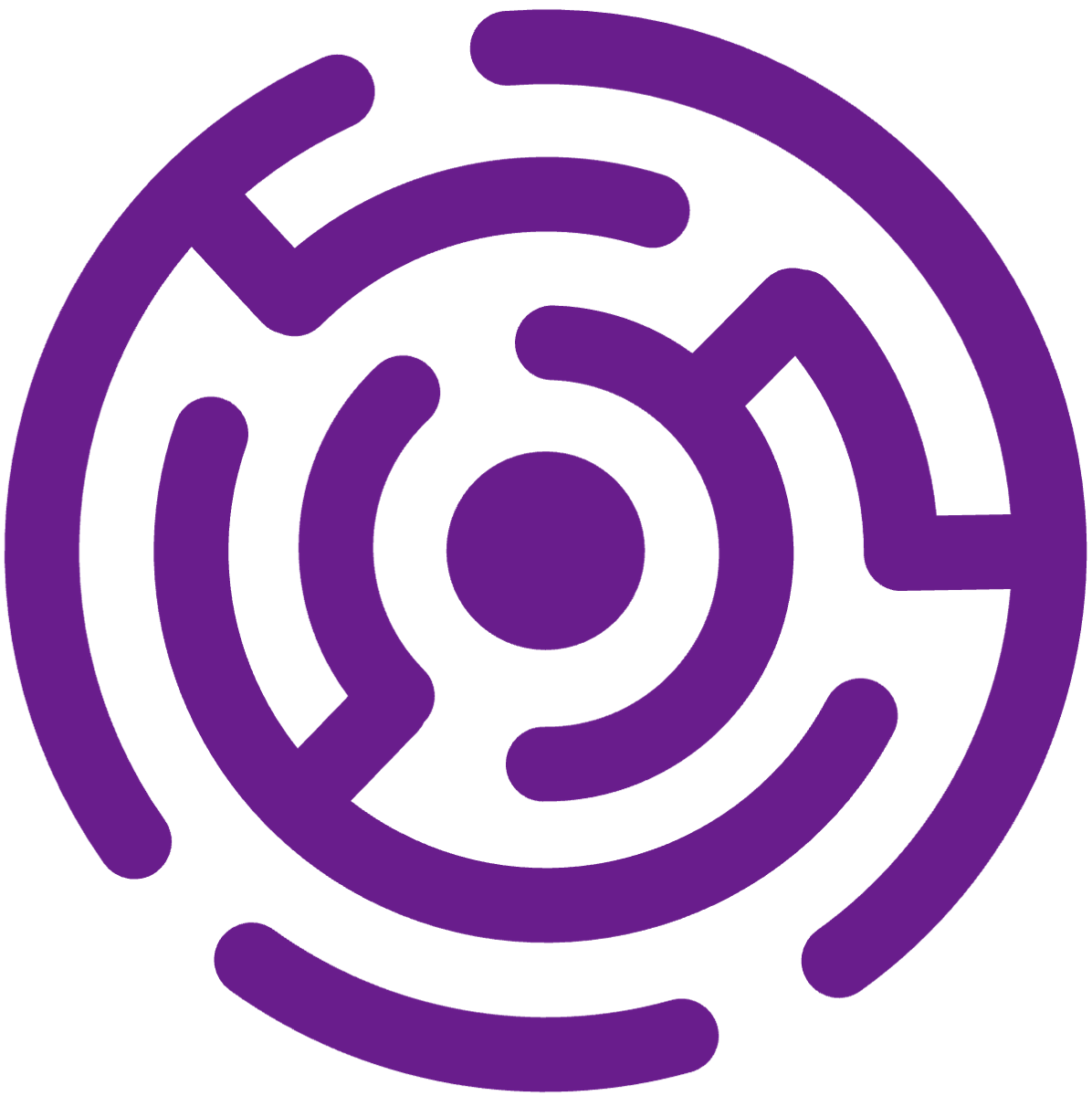
“Very beautiful again is the allegory of the labyrinth, under which the general nature of engineering is represented. For the most ingenious and precise inventions can be compared to a labyrinth—because of their subtlety, their intricate variety, and the apparent likeness of one part to another, which scarcely any judgment can order and discriminate, but only the thread of experience. Nor is the allegory less revealing about its purposes: the same man who devised the mazes of the labyrinth also showed the use of the ball of thread. For engineering is of ambiguous use, and serves to cure as well as to hurt, and like the string has the power to both free and bind.”
—Francis Bacon. Dædalus Or the Engineer. Chapter XIX in Wisdom of the Ancients (1609).
I am a professor of engineering at the University of Leuven, Belgium. My research team focuses on the use of artificial intelligence to analyze DNA to better diagnose genetic diseases and on integrating complex genomic data for drug discovery. We also focus on developing algorithms and tools for big data analysis that respect privacy by design. For my academic work, see my Google Scholar and LinkedIn profiles.
I am a “tech exceptionnalist”: I believe science and technology are special human activities because they increase the “realm of the possible”. Nevertheless, I do not believe that “technology is morally neutral”, but rather that it is “morally ambiguous” because it is grounded in the Promethean hubris of rising above our natural condition and because it can “serve as well for the cure as for the hurt”. As such, scientists and engineers have a moral duty to step into the public debate to minimize the harm and maximize the good that comes from their creations.
I am engaged in a reflection on how information technology and artificial intelligence are transforming our world and on how to make sure this transformation is beneficial for all. In particular, I am actively pushing back against the emergence of surveillance societies that has been made possible by such technological advances.
I have been actively investigating abuses of DNA profiling technology in Xinjiang and Kuwait. Beyond pointing at the responsibility of governments, I also demand that tech companies be liable for the reckless supply of technology that is key to human rights abuses. Moreover, I demand that researchers stop carrying out unethical biometrics research, in particular on forensic population genetics and facial recognition, and that scientific journals stop publishing such research.
My work on surveillance technologies is at the boundary between advocacy and investigative journalism. With my background in artificial intelligence and genetics, I regularly serve as an expert or a source on DNA surveillance in the international press. I acknowledge my advocacy perspective. I believe that people universally want others to respect their basic human rights and those of their family and friends. I believe that personal autonomy is central to human dignity and that privacy is key to this autonomy. I consider that the uncontrolled development of surveillance technologies is an existential threat to free and open societies, and that these technologies should thus be used parsimoniously under tight regulation.
Being a scientist, I also believe that “facts” and “truth” - even if they can be elusive - are essential to social progress. I am therefore committed to provide truthful, accurate, and complete information, including information that may not favor my preferred standpoint or course of action. Credibility matters. Because I want to communicate sometimes complex technical or political matters to a broad audience, I also try to keep explanations “as simple as possible, but not simpler”. This may not always deliver the strongest punchline or the easiest argument, but I trust that it provides the most solid foundation for change.
I am a member of the advisory board of GeneWatch UK. I am also a co-founder of Carta Academica, a Belgian network of academics actively engaged in the social debate. Carta Academica publishes a weekly column in Le Soir (in French) and maintains a blog on Mediapart (in French).
Interview languages: English, French, and Dutch.
Available for public speaking opportunities, see section Public Speaking.
